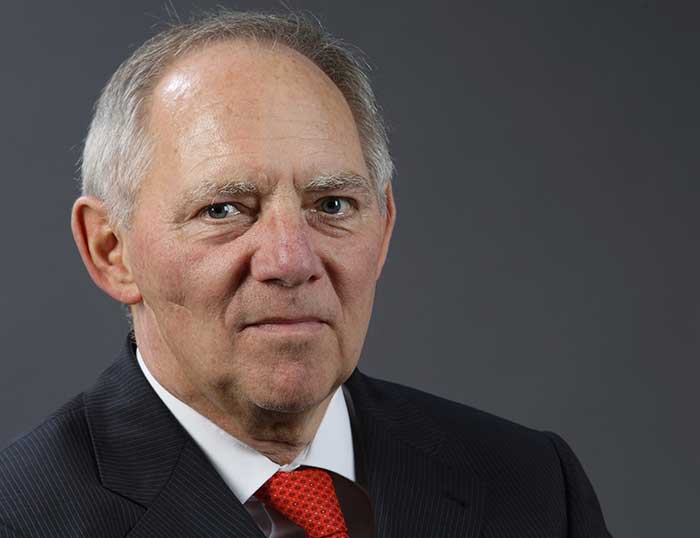wolfgang-schauble_istock.jpg

German finance minister Wolfgang Schäuble.
His comments came in response to the UK chancellor George Osborne’s announcement of plans to cut the country’s corporate tax rate in order to remain attractive to businesses following the result of the EU referendum.
The French government has also indicated it may move to capitalise on the opportunities presented by Brexit.
Schäuble was cautioning against a tax war between member states, whereby governments would repeatedly undercut one another’s tax rates in order to attract businesses and beat the competition.
Tax campaigners have stressed in the past that the only winners in such a scenario would be big, multinational corporations.
In response to Osborne’s proposal, Schauble said: “We have no intention to start some sort of ‘race to the bottom’”.
The UK chancellor had suggested the country’s corporate tax rate could be slashed, from 20% to 15%, to avoid a business exodus following the vote to leave the European Union. He said it would make the UK a “super-competitive economy”.
Campaigners, alongside the European Commission and organisations like the OECD, have warned against these kinds of “harmful tax practices” and unhealthy competition by and between governments.
If introduced, the 15% rate would be the lowest of any major economy in the EU. Of all the bloc’s 28 members, Ireland currently boasts the lowest, at 12.5%, and its role in tax planning schemes used by big firms, such as Google, to lower their tax bills is well known.
Schäuble said he looks forward to Osborne elaborating on the proposals when he presents the plans to his European counterparts at a meeting of EU finance ministers next week. He stressed that any fiscal competition has to be fair.
The French prime minister Manuel Valls has also announced measures that aim to make Paris a more attractive destination for financial firms, after the Brexit vote put London’s position as Europe’s financial centre on shaky ground.
Looking to lure firms across the channel to Paris, Valls said he wanted to improve the tax and legal framework, ease administration procedures and help with residency permits, housing and schools for financial workers.
He also confirmed a decrease in company tax previously announced by French president François Hollande, from 33% to 28%.
Despite depicting the finance industry as his arch rival during his 2012 election campaign, the socialist premier has also indicated he is looking to boost Paris’ chances of becoming Europe’s next financial hub.
Spain, too, has suggested it could grant tax breaks in order to tempt big banks and firms looking to shift their operations out of Britain once the country leaves the EU, the BBC reports.













